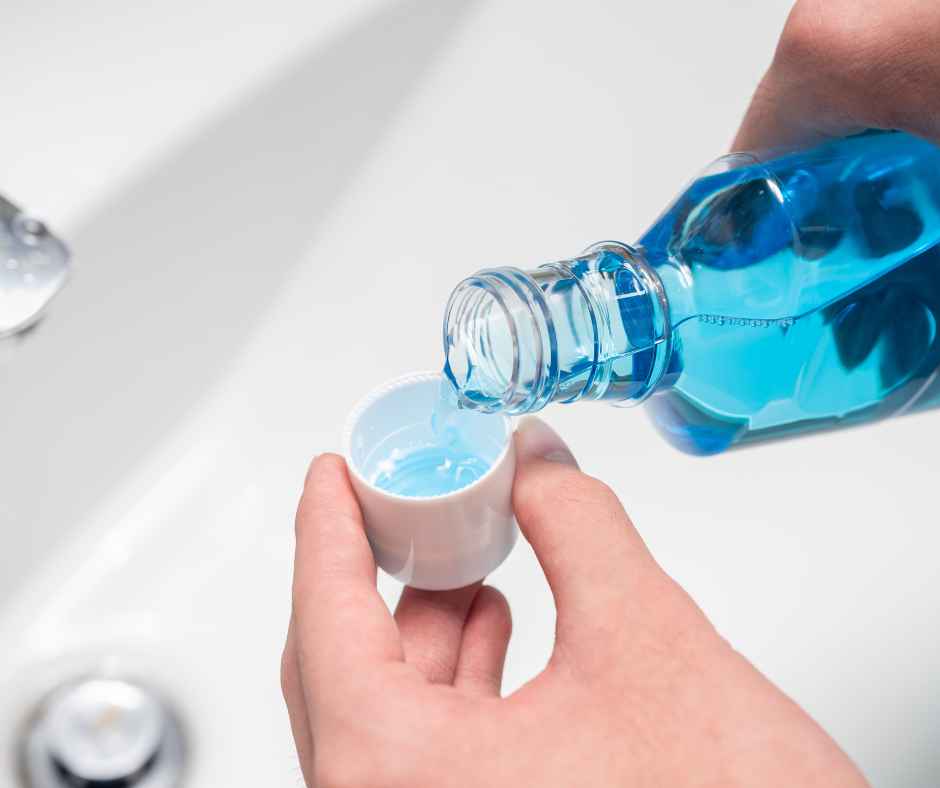Is Mouthwash Bad For You?

Mouthwash has long been a staple in many oral hygiene routines, promising fresher breath and cleaner mouths. However, with varying opinions on its benefits and drawbacks, many people wonder: is mouthwash bad for you? This article explores the different aspects of mouthwash, its potential benefits, and whether it can be harmful to your oral health.
The Purpose of Mouthwash
Mouthwash, also known as an oral rinse, is designed to help clean the mouth, freshen breath, and sometimes deliver specific therapeutic benefits. There are different types of mouthwash available, each formulated for particular needs:
- Cosmetic Mouthwash: Primarily aimed at freshening breath and reducing mouth odor.
- Therapeutic Mouthwash: Contains active ingredients to target specific oral health issues, such as plaque, gingivitis, or cavities.
Potential Benefits of Mouthwash
Using mouthwash as part of your daily oral hygiene routine can offer several benefits:
- Fresher Breath: Mouthwash can effectively mask bad breath by killing bacteria that cause odor.
- Plaque and Gingivitis Prevention: Some therapeutic mouthwashes contain ingredients like chlorhexidine or essential oils that help reduce plaque buildup and prevent gingivitis.
- Cavity Prevention: Fluoride mouthwash can help strengthen enamel and protect against tooth decay.
- Post-Surgical Care: Dentists often recommend mouthwash after dental procedures to keep the mouth clean and reduce the risk of infection.
Is Mouthwash Bad For You?
While there are clear benefits to using mouthwash, it’s important to consider potential downsides and whether it can be harmful to your oral health.
- Alcohol Content: Many mouthwashes contain alcohol, which can cause a burning sensation and dry mouth. Dry mouth can, in turn, lead to bad breath and an increased risk of cavities, as saliva is essential for neutralizing acids and washing away food particles.
- Masking Underlying Issues: Relying solely on mouthwash for fresh breath can sometimes mask underlying oral health problems, such as gum disease or tooth decay. It’s crucial to address the root cause of bad breath rather than just treating the symptom.
- Overuse: Using mouthwash too frequently can disrupt the natural balance of bacteria in the mouth, potentially leading to oral health issues. It’s important to follow the recommended usage guidelines and not exceed them.
- Sensitivity: Some people may be sensitive to the ingredients in mouthwash, leading to irritation or allergic reactions. If you experience any discomfort, discontinue use and consult your dentist.
Choosing a Good Mouthwash
When selecting a mouthwash, it’s essential to choose one that meets your specific needs without causing harm. Here are a few tips for selecting a good mouthwash:
- Look for Alcohol-Free Options: If you experience dryness or irritation, opt for an alcohol-free mouthwash. These are gentler on the mouth while still providing the benefits of fresher breath and reduced bacteria.
- Check for ADA Seal: The American Dental Association (ADA) seal indicates that the mouthwash has been evaluated for safety and effectiveness. Mouthwashes with this seal meet the ADA’s standards for oral health benefits.
- Therapeutic Benefits: Depending on your oral health needs, choose a mouthwash with specific therapeutic benefits, such as fluoride mouthwash for cavity prevention or antiseptic mouthwash for reducing plaque and gingivitis.
Fluoride Mouthwash: A Good Choice?
Fluoride mouthwash is often recommended by dentists for its ability to strengthen tooth enamel and prevent cavities. Here’s why fluoride mouthwash can be a good choice:
- Cavity Prevention: Fluoride helps to remineralize tooth enamel, making it more resistant to decay.
- Easy to Use: Incorporating fluoride mouthwash into your daily routine is simple and can be particularly beneficial for those at higher risk of cavities, such as individuals with braces or those who frequently consume sugary foods and drinks.
- Complementary to Other Oral Hygiene Practices: While fluoride mouthwash is not a substitute for brushing and flossing, it can enhance your oral hygiene routine by providing additional protection against tooth decay.
Get Professional Cleanings At Fairfield Dental Arts
So, is mouthwash bad for you? The answer depends on how it is used and the type of mouthwash chosen. When used correctly, mouthwash can be a valuable addition to your oral hygiene routine, offering benefits such as fresher breath, reduced plaque, and cavity prevention. However, it’s essential to choose a good mouthwash that suits your needs, follow the recommended usage guidelines, and address any underlying oral health issues with your dentist.
For personalized advice and to ensure you’re using the right mouthwash for your needs, contact Fairfield Dental Arts. Our team of dental professionals is here to help you maintain optimal oral health and provide guidance on all aspects of your dental care. Schedule an appointment today to discuss your oral hygiene routine and get expert recommendations tailored to your needs.


